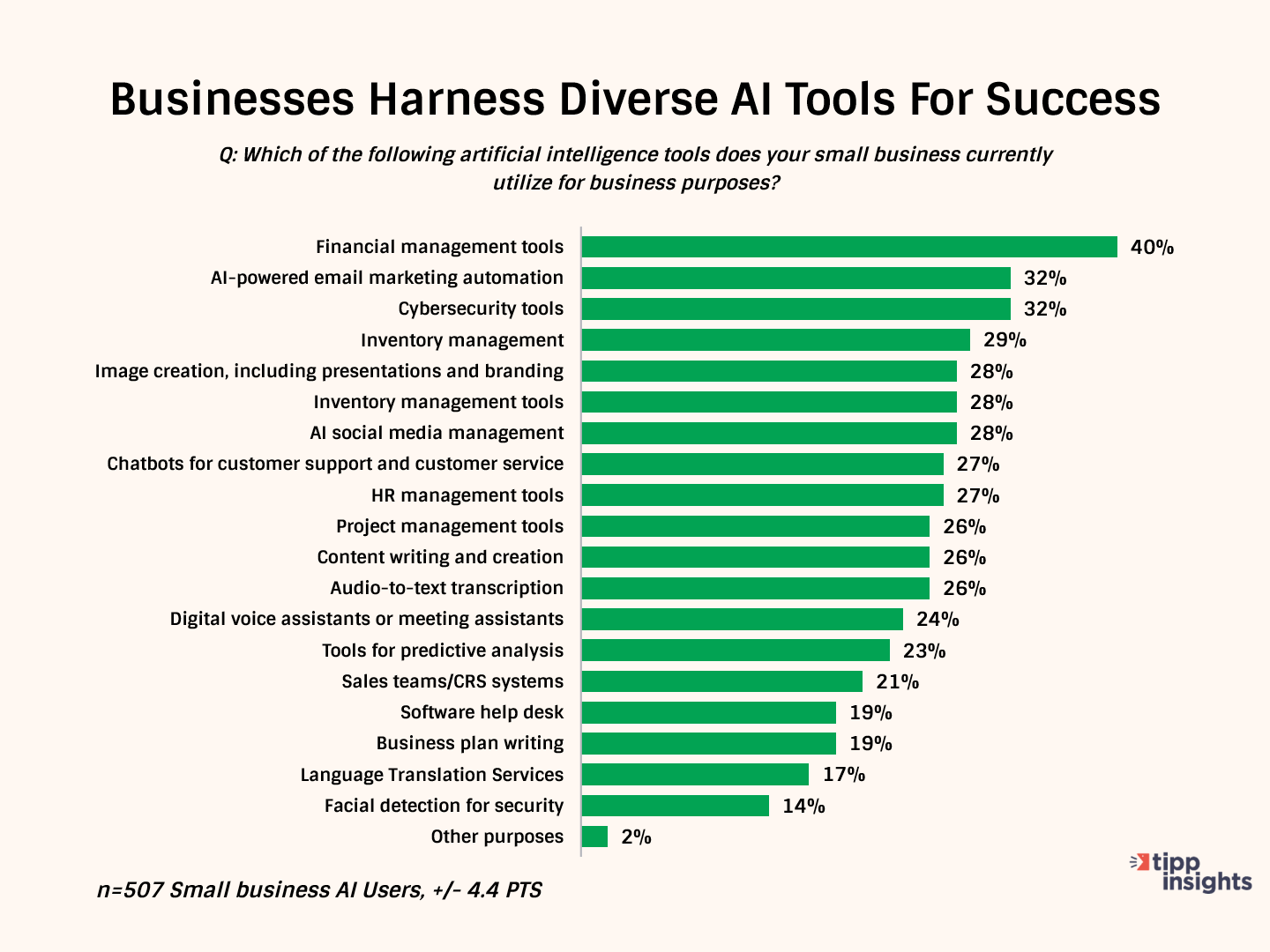On August 20, Bloomberg broke a story that should have caused concern in the media world: "Fed Confronts Up to a Million US Jobs Vanishing in Revision." The government's official report was due on Wednesday. Still, the mainstream media chose to ignore the story for 48 hours.
The Bureau of Labor Statistics (BLS) releases regular job reports to provide a comprehensive overview of the U.S. labor market. These reports include data on the total number of jobs added or lost in the economy, the unemployment rate, the labor force participation rate, average wages and earnings, and the average number of hours worked per week by employees. The well-researched and compiled reports are eagerly awaited by policymakers, businesses, and analysts, who get a summary view of labor market trends. Wall-to-wall coverage by the media distributes the news to the retail market as average consumers digest the government's view about the economy.
BLS often revises published data if it finds that the initial reports are inaccurate or the statistical techniques employed need to be corrected. These revisions are routine in maintaining the accuracy and reliability of economic data, ensuring that users have the most up-to-date and precise information for analysis and decision-making.
When BLS released its official report on Wednesday, it was shocking. Monthly payroll figures overstated job growth by roughly 818,000 in the 12 months that ended in March. Employers added about 174,000 jobs per month during that period, down from the previously reported pace of about 242,000 jobs—a downward revision of about 28 percent, amounting to 68,000 fewer jobs added each month, a significant hit to the economy.
But what was causing the loss of jobs? Could advances in Artificial Intelligence (AI) be triggering it? This is a serious matter that deserves scrutiny, but thus far, the media has shown callous disinterest in covering the AI angle.
For clues, we searched X, a site where people post their personal experiences without fear of being suspended or canceled, like during the old Twitter regime.
An X user, ClassifiedCoach, an advanced software engineer and self-described hacker, posted that he had been actively looking for a new tech job. He had sent over 250 applications to the so-called FAANG tier companies—top tech companies such as Facebook, Amazon, Apple, Netflix, and Google - and had received no interviews.
Frustrated, ClassifiedCoach protested in the only way software engineers know how—by hacking. His target was Leetcode, a website popular with students and software professionals looking for practice problems to solve before job interviews. Leetcode says its websitehas over 3,450 software problems, so job seekers can improve their skills and prepare better for technical interviews.
Using Claude's 3.5 Sonnet API, a large language AI model from Anthropic, a competitor to ChatGPT, ClassifiedCoach wrote an AI script to automate Leetcode.
The results were astonishing. In less than 24 hours, the AI script solved 633 software problems on the Leetcode website fully autonomously—that is, without human intervention. The output was detailed code that was well-written to meet the latest software engineering standards. Because ClassifiedCoach's A.I. query required significant computing power, he had to spend $9 in AI credits to run it.
A venture capitalist and former Google Engineer, Deedy Das, reposted ClassifiedCoach's original post with a comment, "AI can get that $500K FAANG job for less than $10." The repost attracted 281,000 views, mainly within the tech community.
Software developers are legitimately scared that AI can take over their jobs. If a brilliant programmer like ClassifiedCoach couldn’t land a single interview after applying to the top 250 tech companies, what luck would an ordinary software engineer have?
We already know that A.I. has dramatically impacted the hiring market for customer service representatives, as AI-powered chatbots and virtual assistants are handling routine inquiries and support tasks. These systems can manage a high volume of requests, provide 24/7 support, and resolve common issues without human intervention, reducing the need for traditional customer service roles. For those remaining in the industry, AI innovations such as intelligent call routing, where systems use machine learning algorithms to route calls to the most suitable agent, help lower worker stress. As first-call resolution rates improve, customers spend less time on hold, and the need to transfer calls between agents diminishes.

Workers in relatively mechanical tasks, such as data entry clerks, are also seeing that their jobs are at risk as AI can extract data, categorize it, and enter it into databases more quickly and accurately.
The Brookings Institution released a report in July titled "AI's impact on income inequality in the U.S.," which highlighted an inconvenient truth: High-skilled, high-income workers are most likely to benefit from AI in the short term. Studies in 2023 by MIT, the Harvard Business Review, the Institute for Electrical and Electronics Engineers (IEEE), and the International Journal of Information Management (2023) all point to AI's dual impact on the tech workforce: while AI leads to displacement in certain job areas, it also creates new opportunities and demands for advanced skills, developing, managing, and maintaining AI systems.
As we see from ClassifiedCoach's X post above, these scholarly conclusions are way off. While new positions are being created, they are not being added quickly enough to replace lost jobs.
We need major news outlets to engage in intense reporting and educate America about how AI impacts jobs and what a future Harris or Trump administration should do.









